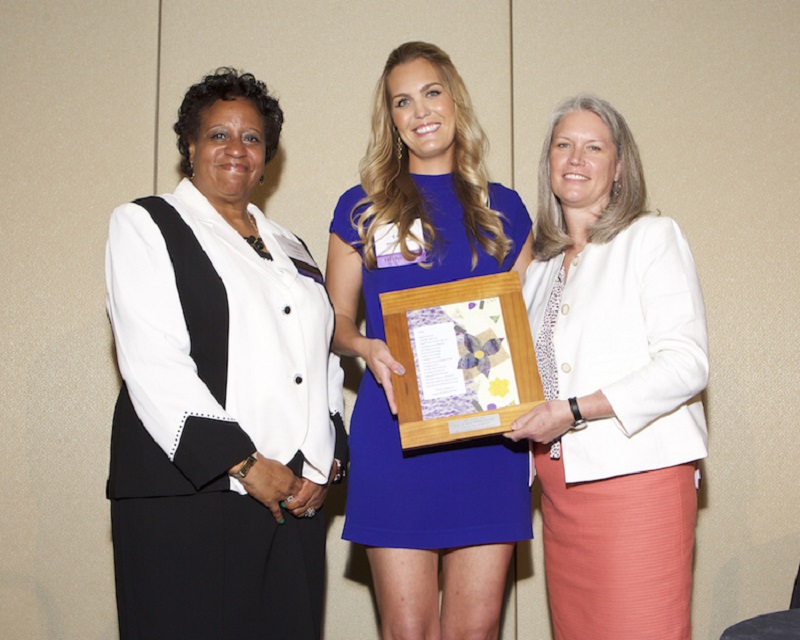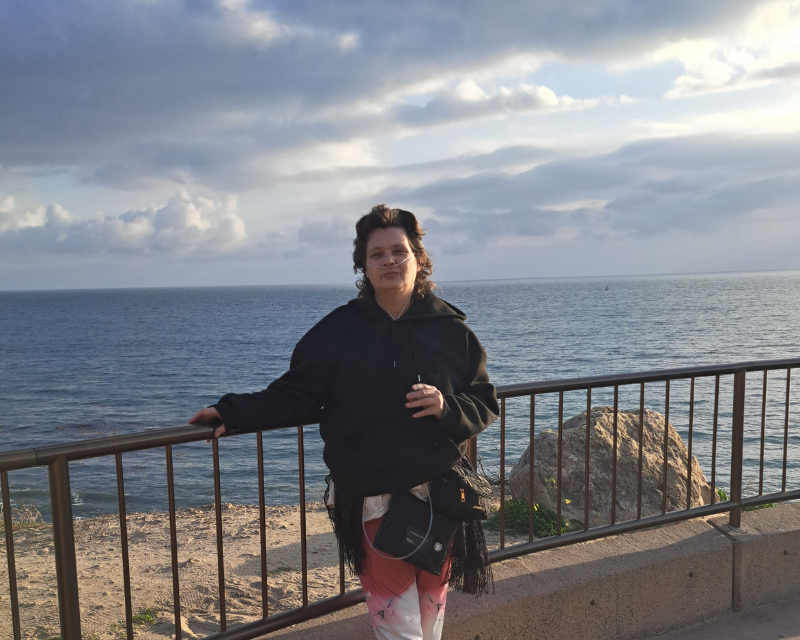
By operating the National Human Trafficking Resource Center (NHTRC)* hotline, we know homelessness is a vulnerability traffickers can prey upon to exploit victims. In fact, homelessness is one of the top risk factors reported by survivors to the NHTRC, and emergency or transitional shelter are some of the most commonly requested services from victims upon leaving their trafficking situations.
The NHTRC is partnered with over 3,000 organizations in the United States that respond to a wide array of issues that overlap with human trafficking, including homelessness. These nonprofits are the true lifelines for people most in need.
Since dedicating myself full-time to philanthropy, I’ve worked with over 100 organizations across the country, addressing causes such as domestic violence and human trafficking, animal welfare and species conservation, at-risk youth, and homelessness. Through all of these causes and organizations, one thing has always remained constant: my desire to empower individuals and communities that have had their voices ignored or taken away.
That’s why it was an incredible honor when Calvary Women’s Services in Washington, DC recognized me with their Hope Award recently.
When I first met with Calvary Women’s Services and toured their facilities I was blown away by the amazing and comprehensive work they are doing. Calvary offers housing, health, employment, and education programs that empower homeless women in Washington, DC, that help them identify and build on their strengths so they can seek independence. Calvary isn’t limited to short-term help, as they also provide concrete strategies and tools that create lasting change for the women they serve.
The services that Calvary provides are desperately needed in this city. According to a report from the Metropolitan Washington Council of Governments, more than 12,000 people throughout the Washington region are currently homeless. Nationally, it’s estimated that nearly 600,000 people are living without homes. Despite the great work of organizations like Calvary, significant gaps remain and not enough is being done to help this vulnerable population.
This lack of a response at the scale that’s required reverberates across the many other issues we know are exacerbated by homelessness. The National Alliance to End Homelessness estimates that approximately half of people experiencing homelessness suffer from mental and other health issues. There must be greater access to medical care that can literally be the difference between life and death.
There are, however, steps we can all take to help alleviate this pervasive problem. Right now, the Runaway and Homeless Youth and Trafficking Prevention Act continues to be held up in the US Congress. Runaway youth escaping family conflict are especially vulnerable because they often have no place to turn, including the more than 1 in 4 LGBT youth who are thrown out of their homes over their sexual orientation or gender identity. This crucial Act increases the maximum length of stay in Basic Center Programs to allow youth more time to access family reunification services and also strengthens the systems already in place, such as street outreach and transitional living programs. These programs are proven to help youth stay off the street and find a stable place to live. I personally find it unconscionable that this bill has not been passed despite the mounting evidence we have of its need and support.
Furthermore, Americans must put pressure on Congress to ramp up funding for this issue. Chronic service gaps do not only stem from a lack of a shelter in certain regions, but the organizations that do exist lack necessary support to effectively operate their services.
America’s homeless population need services, not stigma. Supporting organizations like Calvary provides more than a roof over a person’s head, it offers a safe forum where voices are heard and women are empowered to take control of their lives.
And we know it works. For more than 30 years, Calvary Women’s Services has fought tirelessly to improve the lives of DC’s homeless women, with a woman moving from Calvary into her own home every 5 days. Homelessness is an issue we can all help tackle – here in DC through Calvary Women’s Services, and through local shelters throughout the country.
*The NHTRC is now the U.S. National Human Trafficking Hotline.


